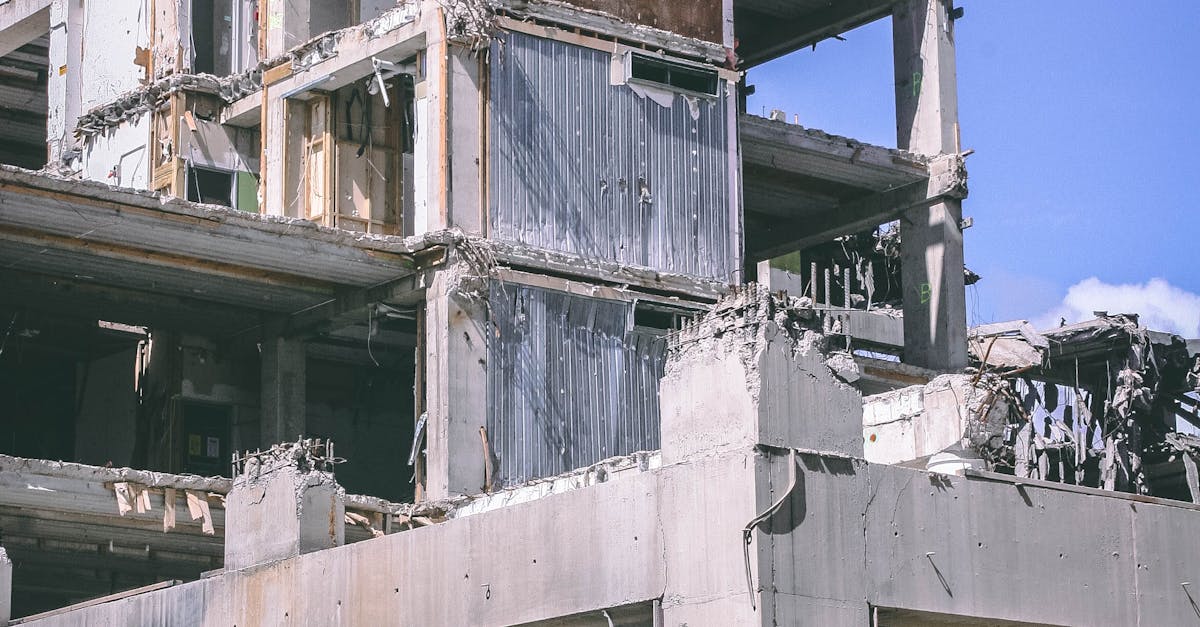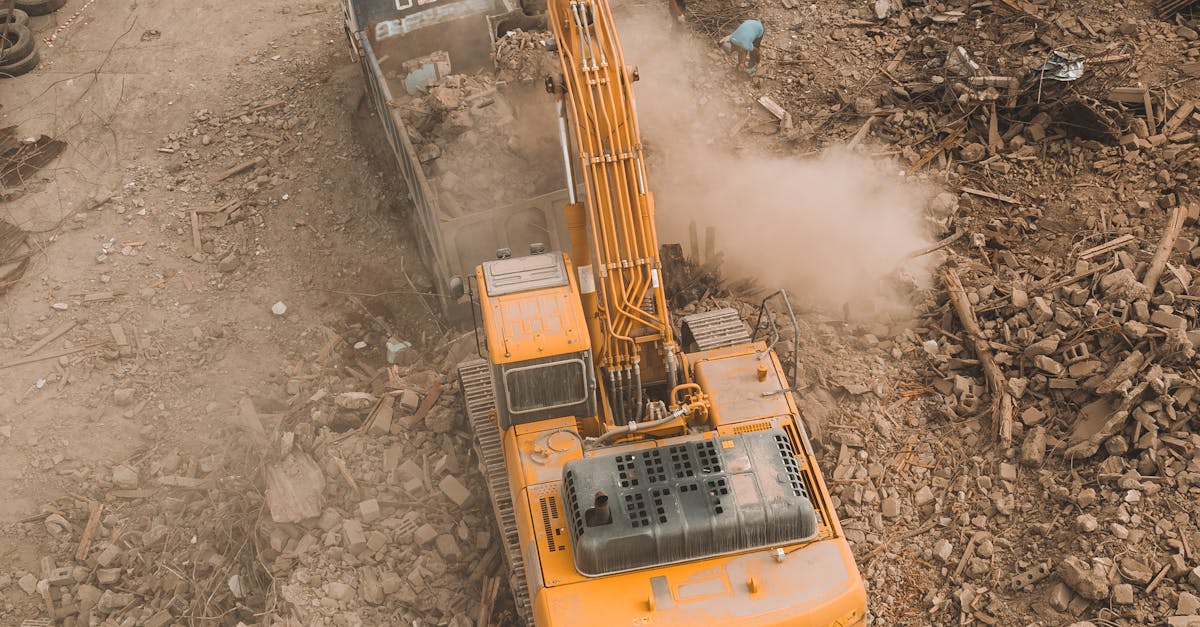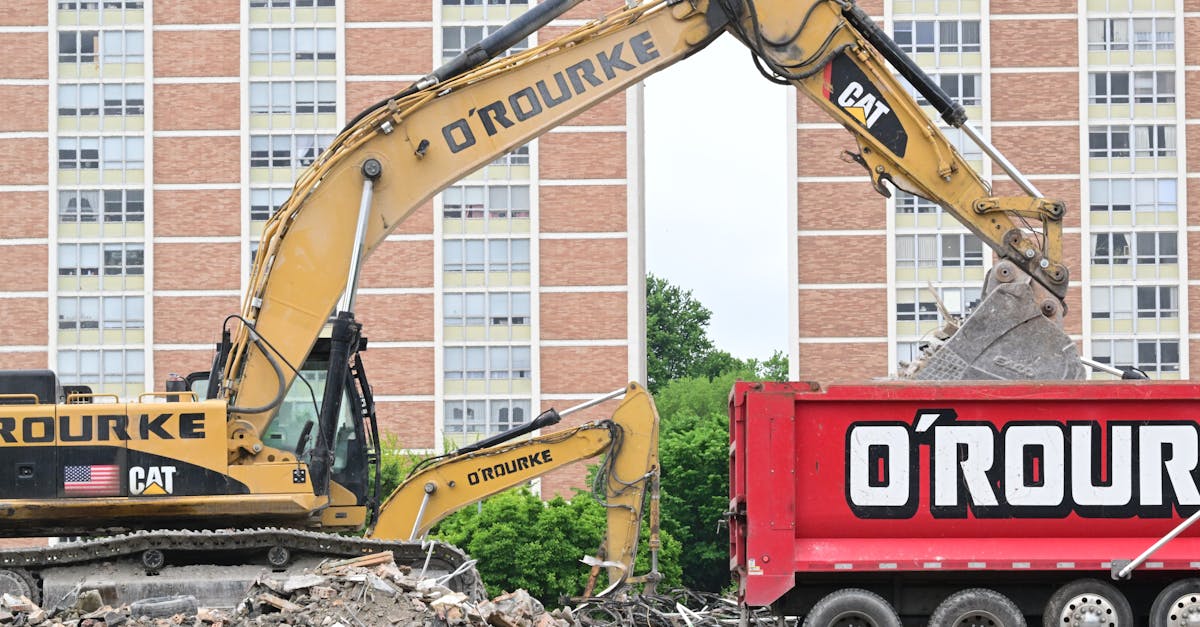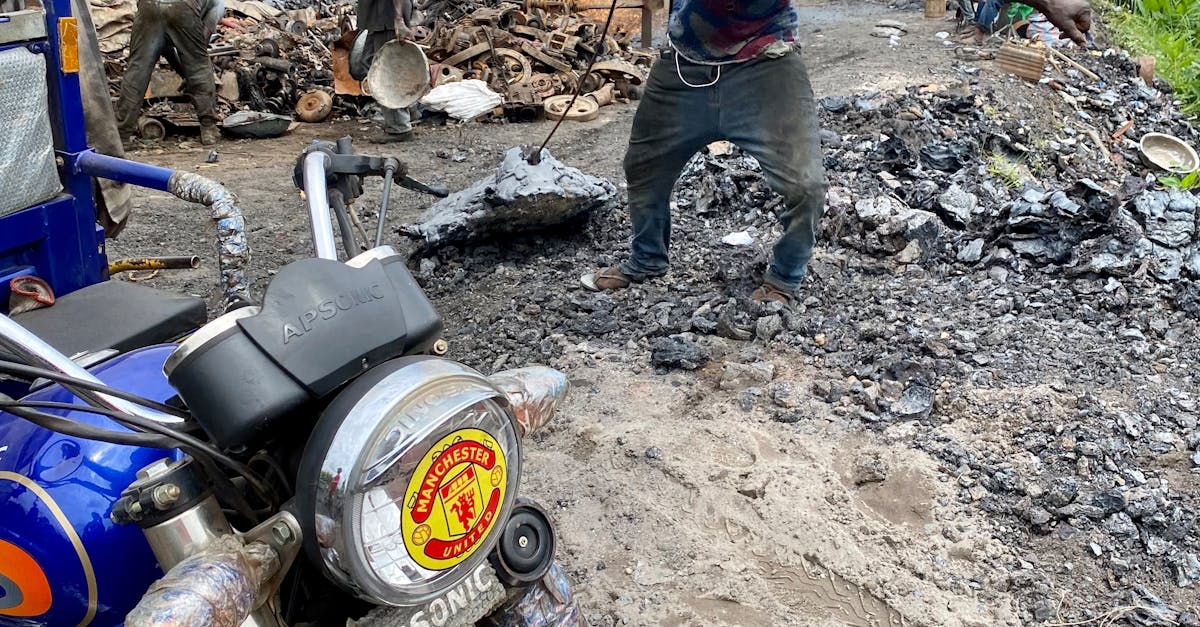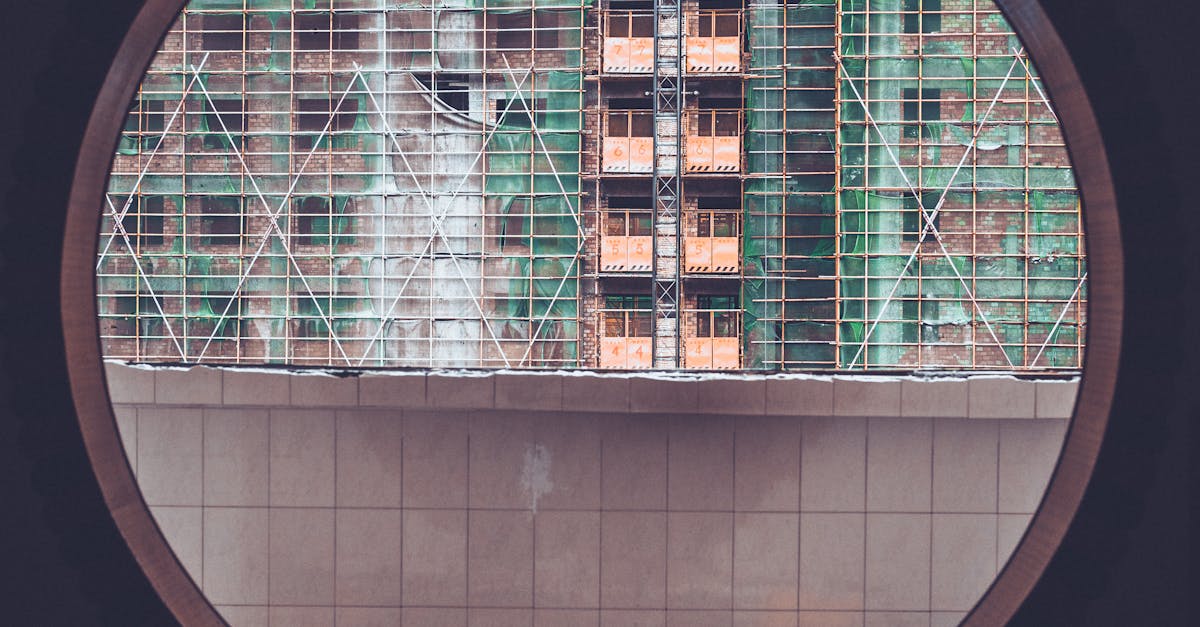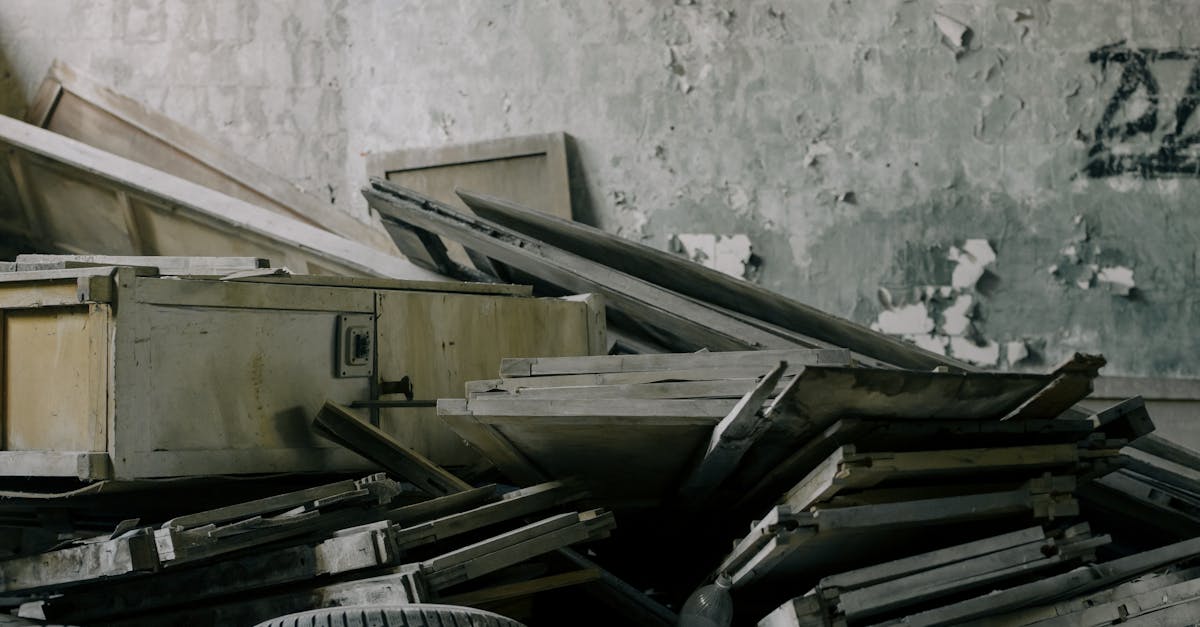
At junkremovalspringhill.net, we specialize in Construction Debris Removal. Our experienced team understands the challenges that come with managing construction waste, and we are here to help make the process as smooth and efficient as possible. Whether you have old drywall, flooring materials, or concrete to dispose of, we have the equipment and expertise to safely and responsibly handle all types of construction debris. Our top priority is to provide timely and affordable services, so you can focus on completing your project without the stress of dealing with waste removal. Trust junkremovalspringhill.net for all your Construction Debris Removal needs.
Importance of Proper Construction Debris Disposal
Improper disposal of construction debris can lead to a multitude of environmental and legal issues. When construction waste is not managed correctly, it can end up in landfills, leaching harmful chemicals into the soil and water sources. Additionally, failing to dispose of construction debris properly can result in hefty fines, tarnishing the reputation of businesses and individuals involved in the project. Therefore, it is crucial to prioritize responsible and legal disposal methods for construction debris.
By committing to proper construction debris disposal practices, businesses can contribute to a more sustainable environment. Recycling construction waste, such as concrete, steel, and lumber, not only reduces the strain on overflowing landfills but also conserves valuable resources. Moreover, eco-friendly disposal methods can often be more cost-effective in the long run, as recycling and reusing materials can lower overall waste management expenses. Embracing responsible construction debris disposal practices is not only beneficial for the environment but also for the budget and public image of businesses in the construction industry.
Why is it essential to dispose of construction debris responsibly and legally?
Proper disposal of construction debris is crucial for several reasons. First and foremost, responsible waste management helps protect the environment by preventing contamination of soil, water sources, and air. Construction debris often contains hazardous materials like lead, asbestos, and chemicals that can pose serious health risks if not handled and disposed of correctly. By adhering to legal disposal regulations, we can ensure that these harmful substances are safely contained and do not harm the ecosystem or human health.
Secondly, disposing of construction debris responsibly can also help prevent legal repercussions and financial penalties. Improper disposal of debris can result in fines and legal action from local authorities. By following legal guidelines and hiring reputable waste management services, individuals and businesses can avoid costly penalties and ensure compliance with environmental regulations. Responsible disposal not only safeguards the environment but also protects individuals and businesses from legal liabilities that may arise from improper waste management practices.
Tips for Efficient Demolition Debris Removal
Efficient demolition debris removal is crucial for maintaining a clean and safe work environment on construction sites. To streamline the process, start by creating a clear plan for the removal and disposal of all materials. Before beginning any demolition work, designate specific areas for different types of debris such as wood, metal, concrete, and other materials. This organization ensures that the removal process is more efficient and that recycling efforts can be maximized.
Utilizing the right tools and equipment is also essential for efficient demolition debris removal. Investing in appropriate machinery such as dumpsters, wheelbarrows, and sledgehammers can significantly speed up the process. Additionally, having a dedicated team of workers who are well-trained in debris removal techniques can further enhance the efficiency of the operation. Regularly assessing the progress of the cleanup and making adjustments as needed will help ensure that the debris removal process stays on track and is completed in a timely manner.
What strategies can be implemented to streamline the removal of demolition debris from a site?
One effective strategy to streamline the removal of demolition debris from a site is to establish a clear waste management plan prior to beginning any construction or demolition activities. By identifying the types of materials that will be generated during the project and the appropriate disposal methods for each, you can better coordinate the removal process. Communication among all parties involved, including contractors, waste removal services, and project managers, is crucial to ensure a smooth and efficient debris removal operation. Additionally, scheduling regular pickups or drop-offs of roll-off containers or dumpsters at the site can help prevent the accumulation of excess waste and keep the project area organized.
Another key strategy is to prioritize sorting and segregating materials on-site to facilitate recycling and proper disposal. Implementing designated areas for different types of debris, such as concrete slabs, sheetrock, metals, and plastics, can make it easier for workers to separate materials as they are removed. This segregation not only promotes environmentally friendly practices by diverting reusable or recyclable materials from landfills, but it also helps streamline the disposal process by reducing the time and effort required to sort through mixed debris at a later stage. Furthermore, partnering with recycling facilities or waste management companies that specialize in processing construction and demolition materials can ensure that the debris is handled in accordance with industry regulations and sustainability standards.
Common Mistakes to Avoid in Construction Debris Removal
One common pitfall to watch out for when hiring a construction debris removal service is not properly vetting the company beforehand. It is crucial to research the reputation and credibility of the debris removal service, ensuring they are experienced, licensed, and insured to handle the job. Failing to verify these details can lead to subpar service, potential liabilities, and delays in the debris removal process.
Another mistake to avoid is not considering the environmental impact of construction debris disposal. Improper waste disposal can harm the environment and incur fines for not following proper disposal regulations. It is essential to work with a debris removal service that prioritizes recycling and proper disposal methods to minimize environmental damage and adhere to legal requirements. By neglecting these aspects, not only are you risking potential legal consequences, but you are also contributing to environmental degradation.
What are some pitfalls to watch out for when hiring a debris removal service?
When hiring a debris removal service, it is crucial to be cautious and avoid certain pitfalls that can lead to unwanted consequences. One common mistake is not conducting thorough research on the reputation and reliability of the removal company. It is essential to check reviews, ask for references, and verify the company's credentials to ensure they are reputable and trustworthy. By skipping this step, you risk hiring a company that may not deliver satisfactory services or could potentially engage in shady practices.
Another pitfall to watch out for is choosing a debris removal service solely based on price. While affordability is important, opting for the cheapest option without considering factors like experience, equipment, and disposal methods can be a mistake. Low prices may indicate subpar service quality, lack of insurance coverage, or improper disposal techniques that could lead to legal issues down the line. It is crucial to strike a balance between cost-effectiveness and quality to ensure a smooth and successful debris removal process.
FAQS
Why is proper construction debris disposal important?
Proper construction debris disposal is important to maintain a clean and organized work site, prevent environmental pollution, and comply with legal regulations.
What are the benefits of disposing of construction debris responsibly and legally?
Disposing of construction debris responsibly and legally helps to protect the environment, avoids fines and penalties, reduces safety hazards on the site, and promotes a positive reputation for the construction project.
How can construction companies efficiently remove demolition debris from a site?
Construction companies can streamline demolition debris removal by implementing proper waste segregation, scheduling regular pickups, renting appropriate dumpsters or bins, and hiring reliable debris removal services.
What are some common mistakes to avoid in construction debris removal?
Common mistakes to avoid in construction debris removal include improper disposal methods, failing to sort materials for recycling, underestimating the amount of debris to be removed, and hiring unreliable or unlicensed debris removal services.
What pitfalls should be watched out for when hiring a debris removal service?
When hiring a debris removal service, it is important to watch out for unlicensed or uninsured companies, unclear pricing structures, lack of proper disposal documentation, unreliable scheduling, and poor customer reviews.
